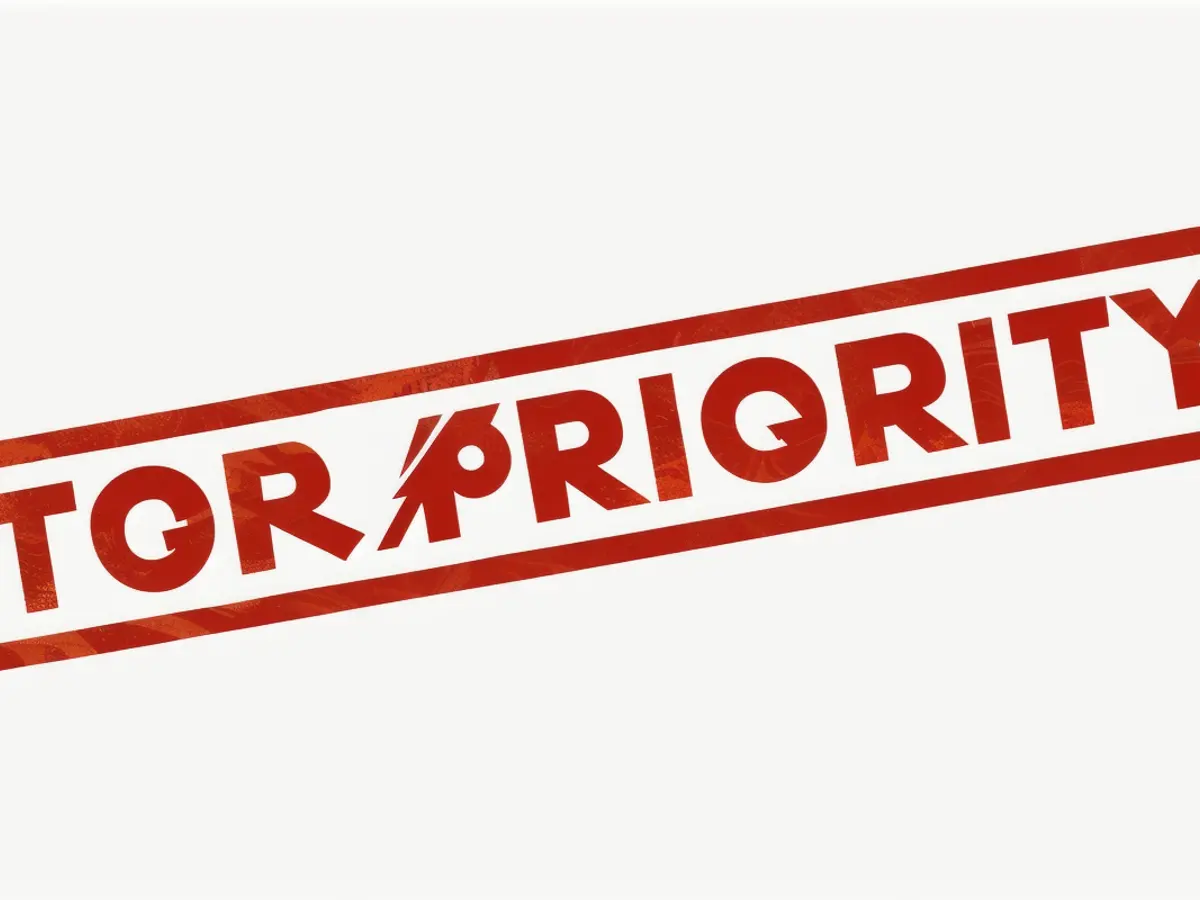Emerging New Year: Boost Your Career by Guiding Others
Hey there, so you've probably heard that "the best way to learn something is to teach it", but when it comes to assisting others in the workplace, it's not just about dispensing knowledge. Yeah, you're helping others prosper, but mentoring also has a significant impact on you – making you more intelligent, versatile, and successful. It turns out that aiding others in unlocking their potential also unlocks your own, often in ways you didn't foresee. Companies like Global Mentor Network (GMN) link professionals with mentors from various sectors to foster development, innovation, and career progression. Be it through an organization like GMN or by seeking mentorships at work, you can establish meaningful bonds that help individuals reach their full potential while enhancing your organization.
The Unexpected Perks of Mentoring
You might think mentoring mainly involves offering advice, solving problems, or guiding someone through their career hurdles. But every time you mentor someone, you're also learning, refining your skills, and enhancing your performance. This is all thanks to the Protégé Effect, which refers to the phenomenon of individuals who mentor or help others, particularly in professional or educational settings, experiencing personal benefits as a result. Research shows that when you teach or mentor others, you deepen your understanding of the material or skills you're sharing. It's the essence of "teaching to learn" in action. When you're asked to explain something, you're forced to think about it from various perspectives, which helps you solidify your own understanding.

Mentoring also hones your communication and leadership skills. As a mentor, you learn how to listen actively, adjust your approach to different learning styles, and offer feedback in ways that inspire others. These skills – listening, adapting, and guiding – are directly transferable to your own work, making you more effective as a leader and a team player.
How Mentoring Boosts Your Professional Success

Besides the "feel-good" aspect of assisting others, mentoring can have a real, measurable impact on your career. Studies have shown that people who mentor others are often perceived as stronger leaders, better collaborators, and more capable of handling intricate tasks. As you mentor, you are seen as someone who is not only skilled but also generous with their expertise, a trait of respected and trusted leaders.
Additionally, mentoring can pave the way for new opportunities. It puts you in the spotlight as an expert in your field and enables you to build stronger relationships across your organization. When you mentor, you become more visible, and this visibility can translate into career advancement. The bonds you form with mentees – and often with other leaders who recognize your efforts – can help you move up or laterally in ways that might not have been possible otherwise.

Why Mentoring Stokes Your Inner Fire of Curiosity and Growth
You might be thinking, "I don't have time to mentor – I'm already managing plenty." But that's where curiosity comes into play. When you take on a mentoring role, you're not just assisting someone else; you're pushing yourself to step out of your comfort zone and tackle problems with renewed curiosity. You'll need to ask questions you might not have thought of before, delve into areas of your expertise that have grown stale, and discover creative solutions to challenges your mentee is facing. This sparks your curiosity, encourages innovation, and keeps you engaged in your work.

Curiosity, as I've found in my research, is a potent engine of innovation and problem-solving. When you foster your curiosity in mentoring situations, you're not just aiding others – you're refining your skills and reinforcing a mindset that drives ongoing personal and professional growth.
Mentoring Helps You Embrace Change

In a constantly changing work environment, being able to adapt is essential. Mentoring others can make you more flexible and better equipped to deal with change. The more you mentor, the more you encounter different perspectives, challenges, and learning styles. This forces you to adjust your approach, which strengthens your ability to pivot when faced with new or unexpected situations. It builds resilience, a crucial skill for navigating both personal and professional change.
The Ripple Effect: Mentoring Bolsters a Stronger Team

One of the most significant impacts of mentoring is how it contributes to a positive work culture. When you mentor, you're not just aiding one individual; you're aiding in the cultivation of an environment of learning, collaboration, and trust. You set an example for others to follow, which creates a ripple effect throughout your team or organization. The more employees engage in mentoring relationships, the stronger the collective knowledge and support network becomes. Teams that learn from one another and share expertise are more innovative, resilient, and productive.
Make Mentoring Your Priority for Personal Growth
Whether you're mentoring a colleague, a subordinate, or even a peer, the act of instructing, guiding, and sharing your expertise can have profound effects on both your personal growth and your career. It sharpens your skills, increases your visibility, stimulates curiosity, and even enhances your adaptability to change. Most importantly, mentoring helps you develop the kind of leadership skills that can propel you to new heights in your professional life.
So, the next time you're offered the opportunity to mentor, don't just consider what you can give. Consider the abundance of benefits you'll gain by diving into the experience. You'll not only help someone else develop – you'll unleash your own potential in the process.
- The Protege Effect suggests that individuals who mentor or teach others in professional or educational settings often experience personal benefits, such as enhanced intelligence and versatility.
- Through mentoring, you can deepen your understanding of the material or skills you're sharing, as explained by the concept of "teaching to learn."
- By mentoring, you have the opportunity to hone your communication and leadership skills, such as active listening, adjusting your approach to different learning styles, and offering constructive feedback.
- Engaging in mentoring can have a real, measurable impact on your career, as it can enhance your reputation as a skilled and generous leader, making you more visible and potentially leading to career advancement.
- Mentoring can also spark your curiosity and encourage innovation, as you'll need to tackle problems with renewed curiosity and delve into areas of your expertise that have grown stale, keeping you engaged in your work.






